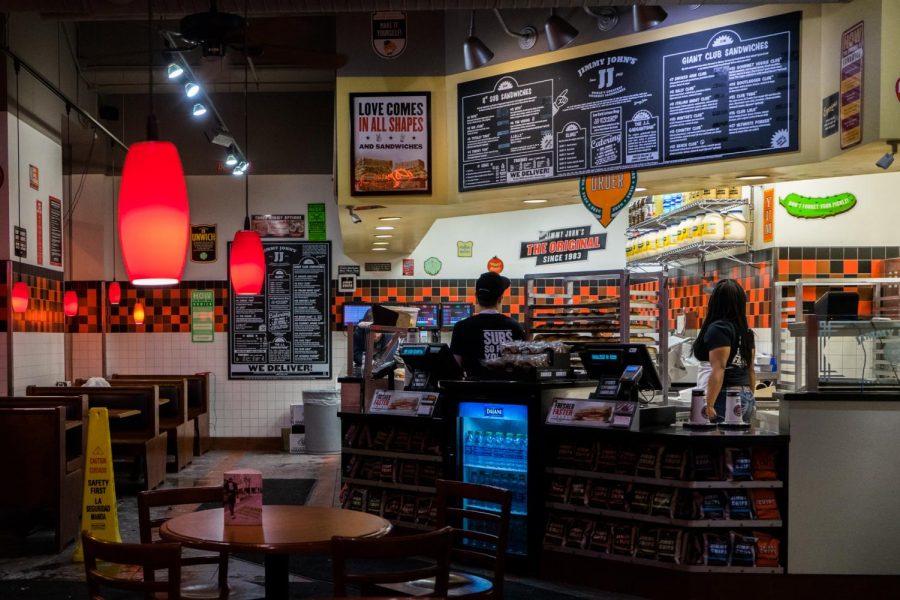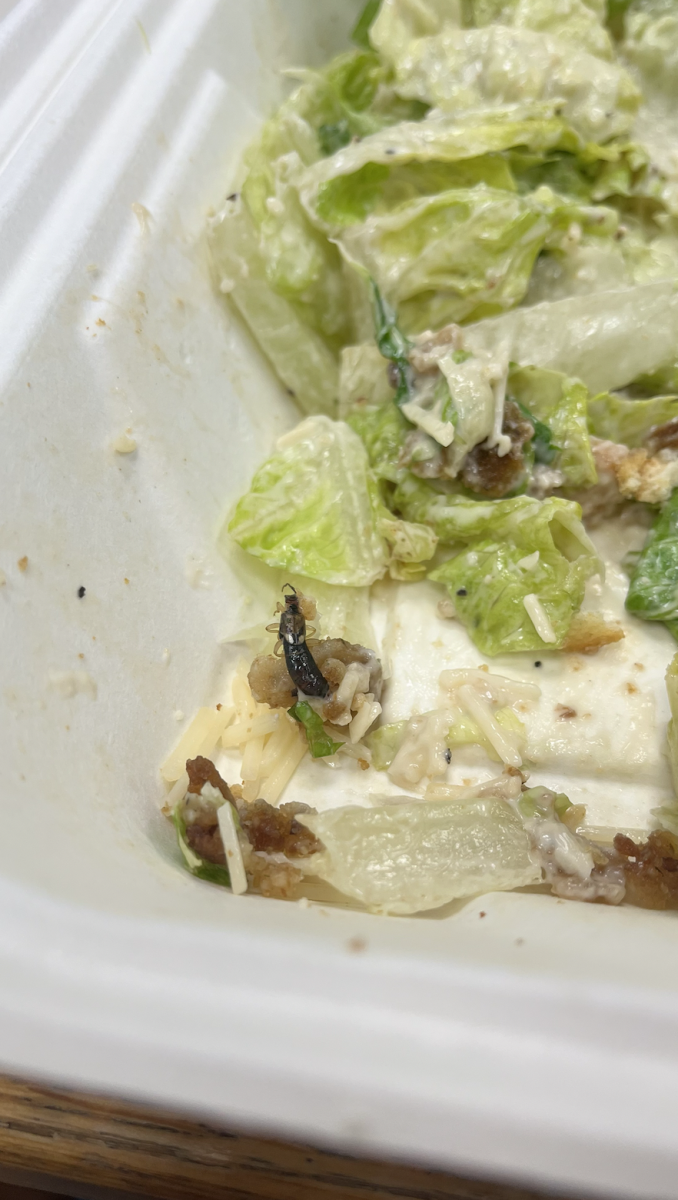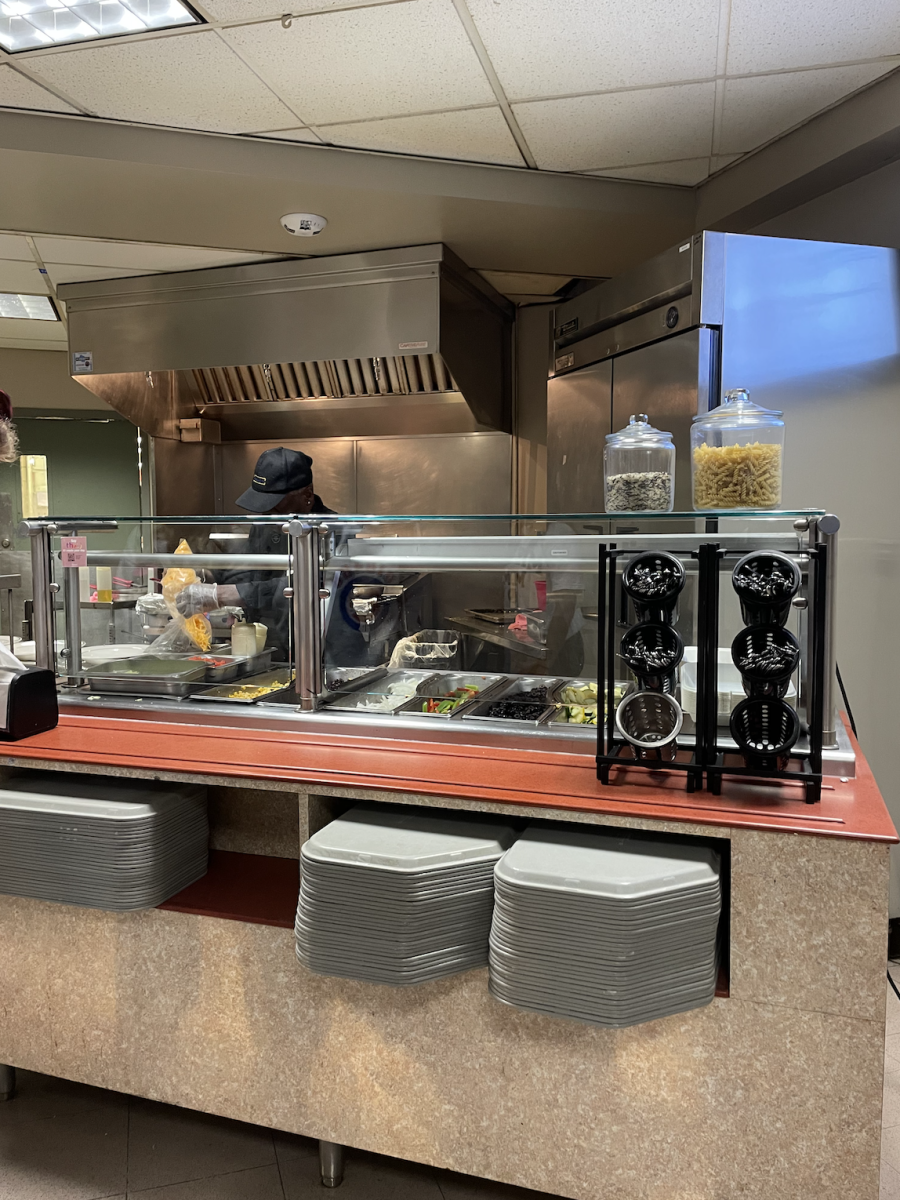
A “fast-moving” outbreak of Salmonella Bredeney has affected more than 35 individuals in 19 states, according to U.S. Federal Drug Administration reports first released in August and updated last Wednesday.
The culprit, processed peanut butter made by Sundland Inc., has been removed from stores and restaurants nationally, according to the FDA reports. The recall affects products made by the company’s plant in Portales, New Mexico between March 1, 2010 and Sept. 24, 2012.
Some familiar nut products containing Salmonella Bredeney include Kirkland’s Organic Creamy Peanut Butter, Archer Farms Creamy Peanut Butter, Whole Foods Treasure Trove Mix (bulk foods), Sunland Organic Thai Ginger Peanut Butter and Peanut Butter Newman-O’s Sandwich Crème Cookies.
Among the affected companies, Trader Joe’s Creamy Salted Valencia Peanut Butter was also recalled. A worker at the Trader Joe’s store in Glendale, Wis.’s Bayshore Town Center, who spoke on the condition of anonymity, said the outbreak has likely affected the company’s image.
“Some customers have asked me about the outbreak and what happened to the product,” the worker said. “Unfortunately, these things do happen and Trader Joe’s tried its best to get everything bad off of the shelves.”
According to the Center for Disease Control and Prevention, 75 percent of the 28 sick individuals who were interviewed reported shopping at Trader Joe’s, while 21 admitted eating one of the two Sundland brand recalled peanut butters.
The anonymous worker also said Trader Joe’s peanut butter variations are always popular items and she is hopeful that the outbreak will soon be controlled.
“I’m sure customers will buy (peanut butter) again,” she said. “Right now people are afraid, but give it a while and the products will be back to normal.”
Kevin Gilligan, the general manager for Sodexo at Marquette, said Sunland Inc. is not a contracted supplier and that an infectious outbreak like salmonella is unlikely to affect Marquette’s food sources because the university is especially careful in preparation.
“Sodexo maintains a close working relationship with our contracted food supplier partners and we require them to meet or exceed our rigid food safety and food security requirements,” Gilligan said.
Gilligan added that should a serious outbreak occur, Sodexo would immediately discontinue use of known or suspected products and work with the contracted food supplier to address associated risks in alerting Marquette’s campus.
“Sodexo does not have a formal alert system on campus, but we can use platforms such as Facebook, Twitter and the dining services website to share important program information and updates with students,” Gilligan said.
Students remain concerned about the outbreak. Elizabeth Griesmier, a junior in the College of Nursing, said she purchases her peanut butter from the grocery store and tries to stick to known and basic brands when stocking up.
“It is a somewhat scary concern because it is a common thing to eat,” Griesmier said. “It seems like lately there have been more recalls on peanut butter and it makes you think twice as to why this may be happening.”
Griesmier said that when salmonella is exposed in specific foods or companies, she tends to forego the brand or item and instead find something not associated with the outbreak.
Symptoms of Salmonella Bredeney include fever, diarrhea and severe abdominal cramps lasting 12 to 72 hours after infection. The illness may last up to a week, but most affected persons fully recover without treatment.
The FDA is still investigating the outbreak and, as of Sept. 25, discovered five new cases. The administration recommends observing the “Best if used by” dates on peanut butter jars and taking extra precautions when eating or purchasing related products.




